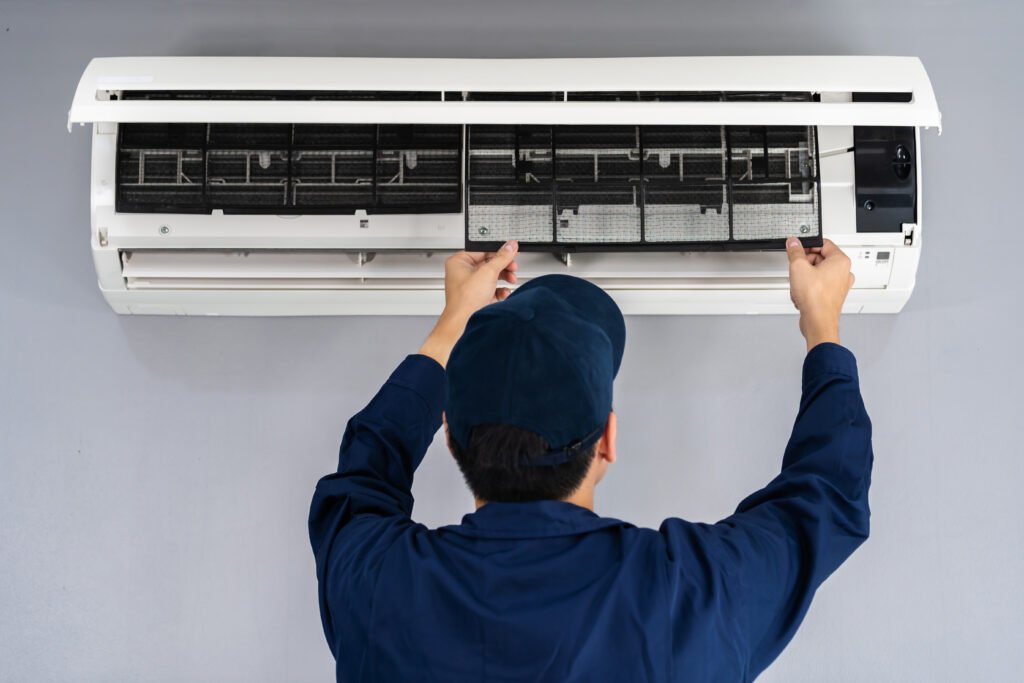Replacing an air conditioner can be a significant investment, but it’s also an essential need to maintain comfort in your home during the hottest months. Understanding the associated costs will allow you to make informed decisions and effectively plan your budget. In this article, we will explore the factors that influence the cost to replace air conditioner and guide you through the process, including practical tips to save money.
Factors That Affect the Cost of Replacing an Air Conditioner
The cost of replacing an air conditioner can vary widely depending on several factors:
- Type of Air Conditioning Unit: There are different types of units, such as central air systems, mini-splits, and window units. Each type has a different price range, with central systems generally being the most expensive.
- System Size and Capacity: The size of the air conditioner, measured in tons or BTUs, will directly affect the cost. A larger system capable of cooling larger areas will cost more than one designed for a small room.
- Energy Efficiency: Units with high energy efficiency often have a higher initial price but offer significant long-term savings on energy consumption. Brands like Carrier, Lennox, and Trane are known for their efficiency, although at a higher cost.
Step-by-Step Guide to Replacing an Air Conditioner
Before proceeding with replacing an air conditioner, there are some crucial steps to ensure the new system works correctly:
- Checking the Gas Charge and Compressor Condition: One of the first steps is to check if the air conditioner’s compressor has enough gas charge. This is done using gauges to measure the pressure. If the system is charged but still not working well, it may be necessary to replace the expansion valve (POA).
“You should check if the air conditioner (compressor) has a gas charge. If it’s charged (measure with gauges), then you most likely need to replace the expansion valve (POA). Obviously, when replacing it, you lose the gas, and you’ll need to refill it.” – Based on your personal experience.
- Component Replacement and Gas Refill: When replacing the expansion valve, you’ll likely lose the refrigerant gas, requiring a refill. This step is critical and should be done at a specialized air conditioning shop to ensure the system works efficiently.
- Visit a Specialized Shop: It’s always recommended to visit a specialized shop for the replacement of critical parts and gas refills. Professionals have the right tools and the necessary experience to prevent future problems.
When Is the Best Time to Replace Your Air Conditioner?
Knowing when it’s the right time to replace your air conditioner is crucial to avoid unnecessary costs:
- Signs It’s Time for a Replacement: If your system is over 10-15 years old, requires frequent repairs, or doesn’t cool as it used to, it’s probably time to consider a replacement. Additionally, increases in electricity bills can be a sign that your air conditioner is losing efficiency.
- Repair vs. Replace: In some cases, repairing may be more economical than replacing, especially if the problem is minor. However, if repair costs exceed 50% of the cost of a new system, replacement is usually the better option.
Additional Costs to Consider When Replacing an Air Conditioner
Beyond the cost of the unit itself, there are other expenses to consider:
- Labor and Installation Fees: Installing a new air conditioner is not a simple task and requires professional intervention. Installation fees can vary depending on the complexity of the job and location.
- Financing Options and Discounts: Some installers and manufacturers offer financing options that can make the cost more manageable. You may also find seasonal discounts or promotions that reduce the total price.
Tips to Save on Replacing Your Air Conditioner
Replacing an air conditioner can be costly, but here are some tips to save:
- Getting Quotes and Comparing Prices: Request multiple quotes from different providers and compare prices before making a decision. This will help you get the best deal possible.
- Considering Long-Term Energy Efficiency: Although high-efficiency units may have a higher upfront cost, their lower energy consumption can result in significant long-term savings.
Conclusion: Preparing for Your Air Conditioner Replacement
Replacing your air conditioner is an important decision that can affect both your comfort and your finances. By understanding the costs involved, the factors that influence those costs, and the steps to take, you can be better prepared to make an informed decision. Be sure to consider both immediate costs and long-term savings, and don’t hesitate to seek professional help to ensure the job is done correctly.

